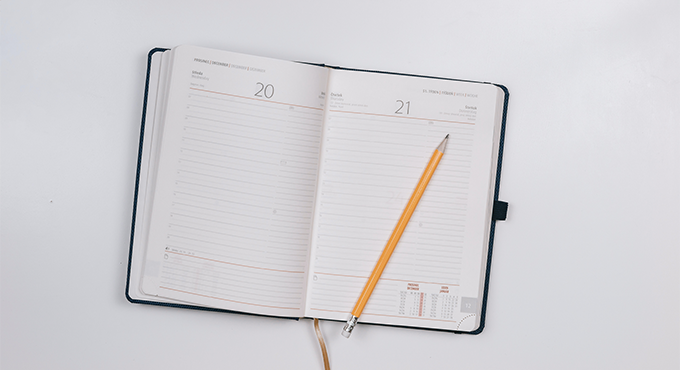News

Lisa SINARDET (TBS 2017) - Encouraging intrapreneurship through fablabs
My name is Lisa Sinardet. I enrolled in Toulouse Business School in 2017 to study the Master's in Management and Innovation & Technology degree. I already had initial training as a manager in manufacturing and industrial projects.
How did you find out about fablabs* ?
*short for fabrication laboratory
I started using fablabs when I was doing my work-study placement which involved a drone prototype project. They appealed to me straight away.
All company employees can use this space to develop their ideas. They have access to tools such as 3D printing, laser cutting, virtual reality displays, etc. Teams work together to create mock-ups in order to study practical feasibility and to identify potential problems which means significant savings in terms of cost and time when the project reaches the industrial manafucturing stage. Ultimately, products of the future can be created in fablabs.
How did you realize that you wanted to become a fablab manager ?
In 2017, I had a professional report to write as part of the qualification of my specialized master's degree. In the beginning, I didn't have alot of ideas but after talking to my professors, I looked towards the things I was really interested in. Over and above identitying a subject of interest, I really wanted something wih true value-add in my employment search. I know that in general, you write a report to fit a job description you have identified but I took a different approach : first the subject of the report, then the job.
When I thought about my experience in the innovation sector, the subject of my report came straight to mind : I wanted to understand why emerging, innovative products are easier to make in these fablabs compared to the design offices in which I had worked. It was early days for fablabs set up in companies, so there was very little information and research on the subject. I found a dozen companies who were using this type of laboratory for in innovation, and I met Cédric Balty and Dominique Cachenaut, who were in charge of innovation at Thales Alenia Space. They had a project to create this type of lab.
Did your report open doors to your first employment position ?
Yes, absolutely. While I was writing my report, Thales Alenia Space was in the process of opening their first fablab (July 2017) and the company was looking for someone who would be in charge. As I worked on the subject, I became a kind of expert and my profile suited the company's requirements. During an interview about my report, I also passed a fairly informal interview for the position. I joined Thales Alenia Space as Fablab Manager-Coordinator in the same year, after completing a traineeship.
In 2019, I was appointed Fablab Network Manager. Today, these manufacturing labs are operational on our sites in Toulouse, Cannes and Rome.
What is a fablab really all about ?
Within fablabs, employees are initiated into company intrapreneurship and they become their own boss. They are entirely responsible for the project management and development. They learn, for example, how to use software to design objects or write a new computer language to create a new system. In the end, the skills they develop in this space are also useful in their work.
A doctoral student in radio frequencies, a machining operator, project manager... these labs bring different profiles and skills together. We can see a kind of knowledge swap going on : I'll help you on this and you can teach me about something else. It's a very good way of breaking down company silo work practices !
What is your role on a daily basis ?
In general, I am in charge of the labs and fablab team managers. I take care of running the lablabs, the communication and mediation between employees. My main mission involves encouraging intrapreneurship between employees who are keen to develop the same kind of space in their own company. I help any sites within Thales Alenia Space who choose to set up their own fablab, from the idea to becoming operational. They all act as networks, a community in which ideas are exchanged and knowledge shared while working on projects together.
The biggest challenge within this position is because of company culture. When we set up new concepts and methods, we have to accept that they won't be used straight away. Employees need time to adapt and we give them alot of support !
You have to have indepth understanding of how a company works and that is not easy when you are a young woman turning up with new ideas for an environment that has established ways of working. It is also an advantage for me as I am free to think and create outside the box, I only stop when others think my ideas are actually impossible to make work. Another challenge taking into account operational priorities is making this strategy work on a participative and volunteer basis.
Overall, I'm proud to give employees access to innovation. When I started in the world of innovation, I felt it was very scientific, elitist and hard to access. That gave me the motivation to make more popular. I particularly like the accompanying aspects of the job. Anyone can be creative if they are given the right stimulus !















No comment
Log in to post comment. Log in.